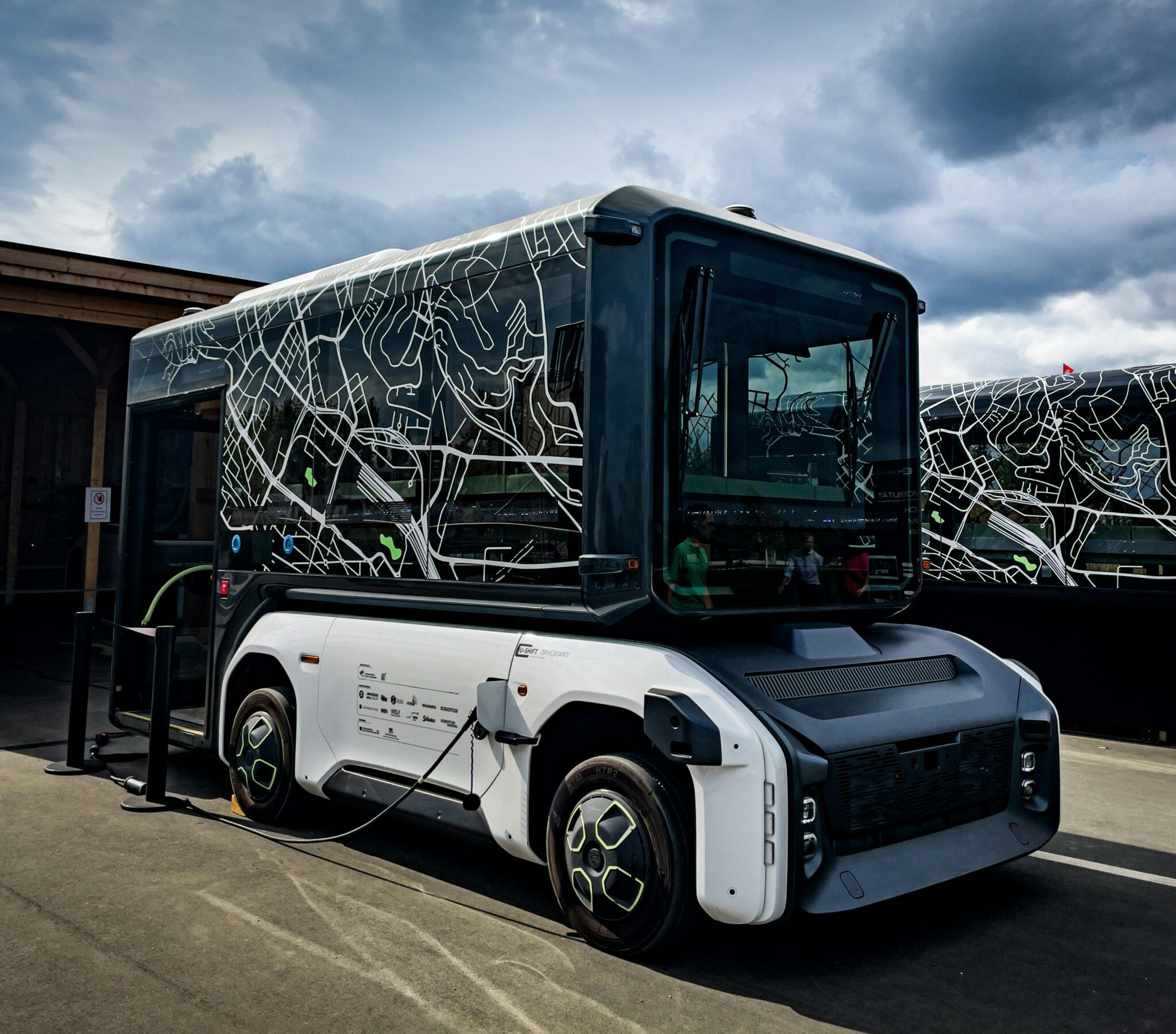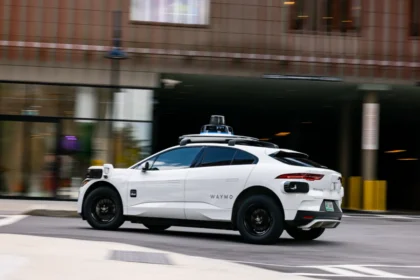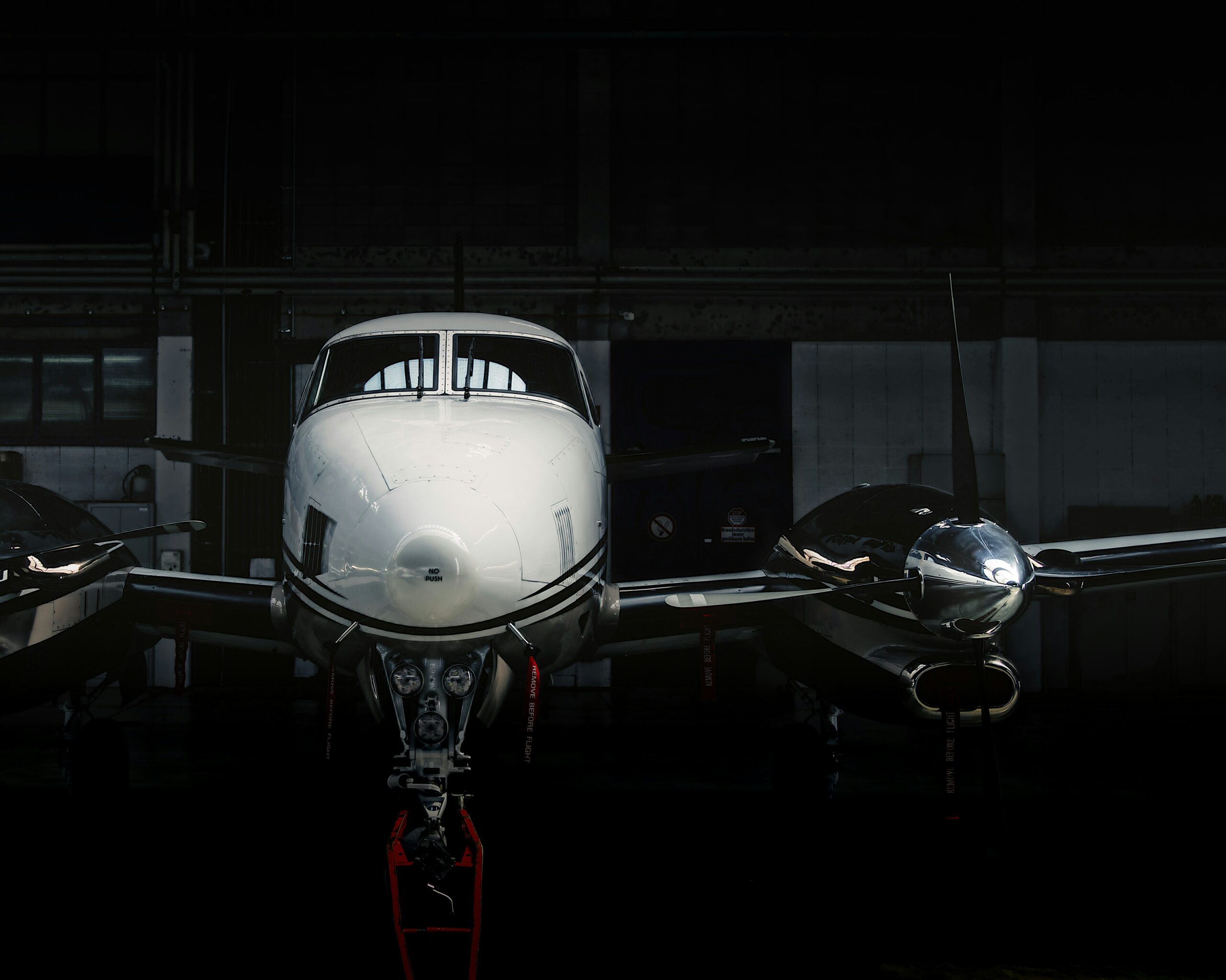Uber is set to bring autonomous ride-hailing to Europe through a partnership with Chinese self-driving start-up Momenta, with trials beginning in Munich, Germany, in 2026. It will be the first European city publicly announced for either company’s robotaxi operations.
The collaboration was first revealed in May 2025, when Uber confirmed that Momenta-powered vehicles would debut on its platform in Europe with safety operators on board. These operators will monitor the technology and take control if needed.
Founded in 2016, Beijing-based Momenta is one of China’s leading autonomous vehicle startups and has been testing self-driving technology since 2018. Its planned Munich rollout marks its first robotaxi deployment in Europe.
Uber’s move positions it against competitors like Lyft, which recently announced a partnership with Baidu to launch robotaxis in Germany and the U.K. beginning in 2025.
Globally, Uber has partnered with 20 autonomous vehicle companies across ride-hailing, delivery, and freight. These collaborations have generated an annualized 1.5 million trips. In the U.S., Uber already offers Waymo robotaxis in Austin, Phoenix, Los Angeles, San Francisco, and Atlanta. Internationally, Uber works with Chinese AV startups like WeRide and Pony.ai in the Middle East, while a new partnership with U.K.-based Wayve aims to trial Level 4 vehicles in London.
Uber CEO Dara Khosrowshahi said Munich was chosen because of its engineering heritage and strong automotive ecosystem. “Germany has shaped the global automotive industry for more than a century, and now Munich will help shape the future with autonomous vehicles,” he noted.
Related: The Boring Company Begins Testing Tesla’s Self-Driving Tech in Las Vegas Tunnels
Before deployment, Momenta will need certification from German regulators to ensure its vehicles meet safety standards and are approved for designated geo-fenced zones. The company is also pursuing commercial services in Shanghai with human operators and has worked with automakers like Mercedes-Benz, BMW, and Audi to integrate its driver-assistance systems, which are already in 400,000 vehicles on the road.







